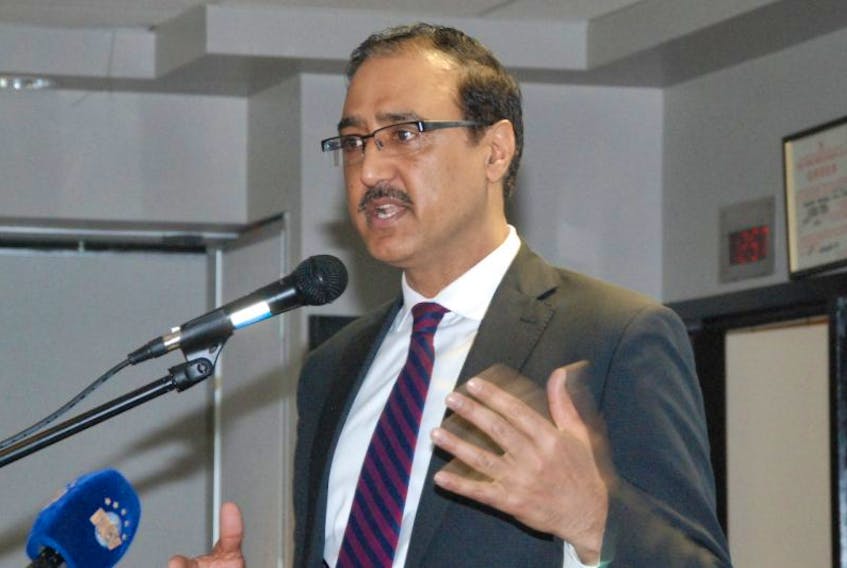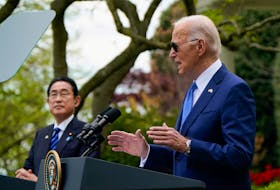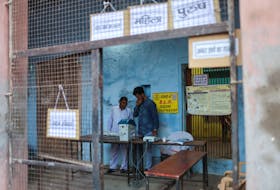WHITEHORSE, Yukon — Communities in Labrador that rely on diesel may soon have a little help from the federal government in looking at ways to move to cleaner sources of energy.
On Wednesday, Feb. 13, Amarjeet Sohi, Canada’s Minister of Natural Resources, was in Whitehorse, Yukon to announce a $20 million initiative to help reduce diesel reliance in remote Indigenous communities.
The Generating New Opportunities: Indigenous Off-diesel Initiative will see funding to develop community-led energy projects in up to 15 communities across Canada. The communities will be chosen by an all-Indigenous panel of jurors and can get up to $1.3 million in funding each to develop the community-driven energy plans.
“It will help build the capacity of the communities to look for local solutions that will work in their local communities, solutions that are community lead,” Sohi told The Labradorian.
There are currently 16 communities in Newfoundland and Labrador that are reliant on diesel. Sohi said he hopes each of those communities applies to this program.
They are looking for plans that focus on renewable energy sources such as solar and wind, Sohi said, depending on what works for the community.
“We also know that many of these communities are not connected to the grid system, so they need a combination of different energy sources to get off diesel,” he said. “There are various initiatives that the communities could undertake.”
Sohi said moving away from diesel has a number of positive impacts, including environmental, social and health related. The hope is this funding can help capacity building in Indigenous communities to avail of further funding, he said.
Selected communities can apply for an additional two years of funding beyond the initial $1.3 million through Natural Resources Canada’s Clean Energy for Rural and Remote Communities (CERRC) program to move their clean energy project forward, Sohi said.
The initiative was developed in collaboration with Indigenous Clean Energy Social Enterprise (ICE SE) and the Pembina Institute and incorporated feedback from engagement over the last 18 months with regional and National Indigenous Organizations, and remote community representatives.









